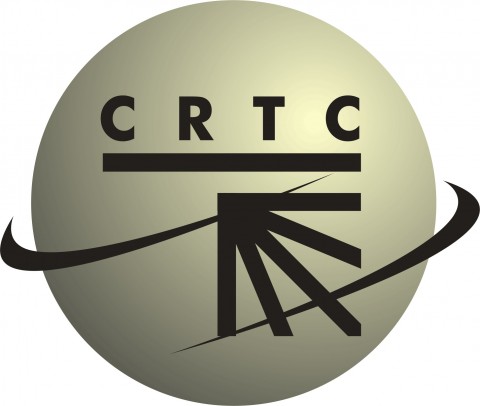
OTTAWA – The CRTC today launched a consultation on whether stock footage costs should continue to be included in the criteria used for Canadian program certification.
Both the Commission and the Canadian Audio-Visual Certification Office (CAVCO) have specific criteria for determining whether a production can be certified as “Canadian”. This includes (for both) a minimum 75% expenditure threshold paid to Canadians or Canadian businesses operating in the country for specific services costs.
Right now, the Commission categorizes stock footage as a “services” cost, which means it counts within the 75% expenditure threshold.
The Commission’s call for comments notes CAVCO announced in April this year it is modifying its treatment of stock footage costs when considering whether a production qualifies as being Canadian. The change means stock footage will now be categorized under “other” expenses rather than falling under “services”, which takes it out of the calculation of the 75% threshold.
“CAVCO specified that documentary producers had repeatedly argued that documentary productions were unfairly disadvantaged by [the 75%] requirement, particularly because of stock footage cost categorization as “services” costs,” the CRTC’s call for comments reads.
“They added that documentaries, and some other types of productions, often need to use non-Canadian stock footage, either because of the subject of the production or because of more limited availability of stock footage from Canadian sources.”
Due to CAVCO’s decision, and because its own program certification criteria are similar, the CRTC is seeking comments on whether it should adopt CAVCO’s modified treatment of stock footage. Specifically, the CRTC is proposing stock footage costs be classified as “other” rather than “services” costs.
The deadline for interventions is Aug. 5, 2022, while replies are due Aug. 15, 2022.
This proceeding comes at a time when there are larger discussions (please see here, here and here for examples) happening around what is considered Canadian content and why – and after the Heritage minister indicated the CRTC will be asked to update and modernize Canadian content definitions.



